Harper’s contributor Alexander Sammon joins host Krys Boyd to discuss how drug cartels are getting into the avocado business – and how one town is fighting back to protect both its safety and natural resources.
Read more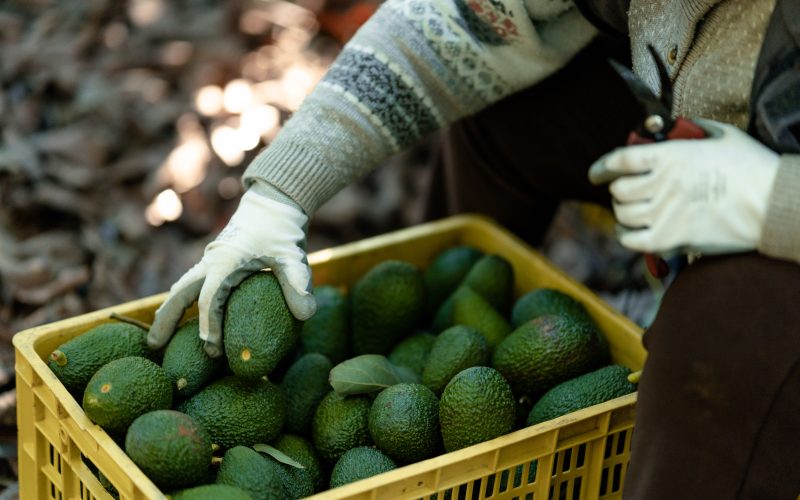


Harper’s contributor Alexander Sammon joins host Krys Boyd to discuss how drug cartels are getting into the avocado business – and how one town is fighting back to protect both its safety and natural resources.
Read more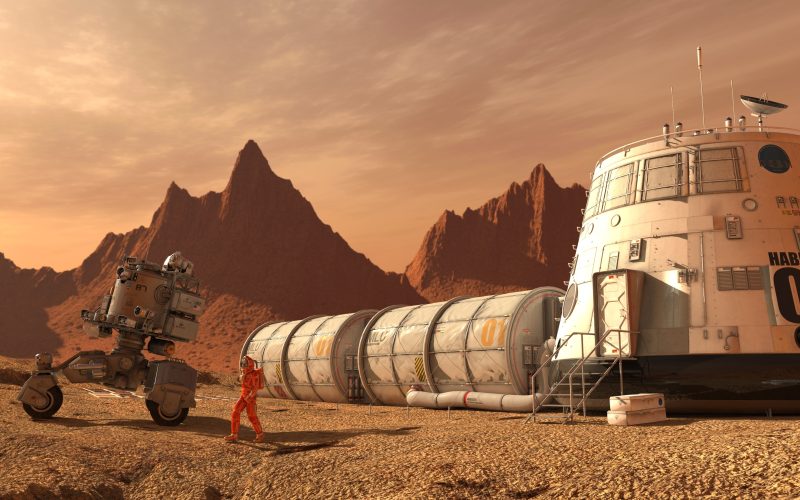
Kelly Weinersmith, adjunct faculty member in the BioSciences department at Rice University, joins host Krys Boyd to discuss the impracticalities of space colonization and the conflicts it could create back on Earth.
Read more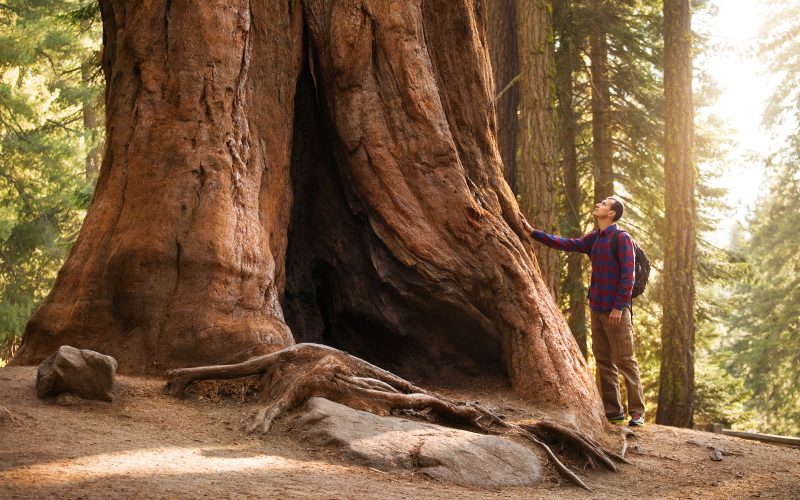
Moises Velasquez-Manoff, contributing writer for The New York Times Magazine, joins host Krys Boyd to discuss how Sequoias and Giant Redwoods are falling victim to hotter and drier climates.
Read more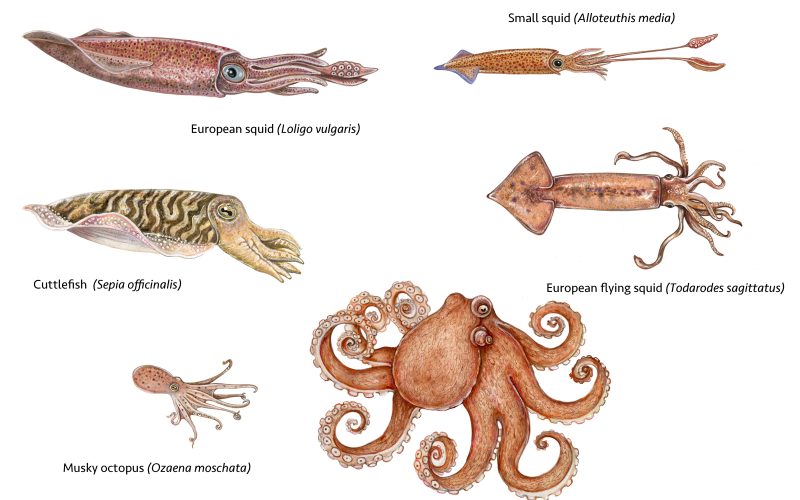
Marine biologist Danna Staaf joins host Krys Boyd to discuss these intelligent and charismatic creatures and the amazing things they can do that no one else in the animal kingdom can.
Read more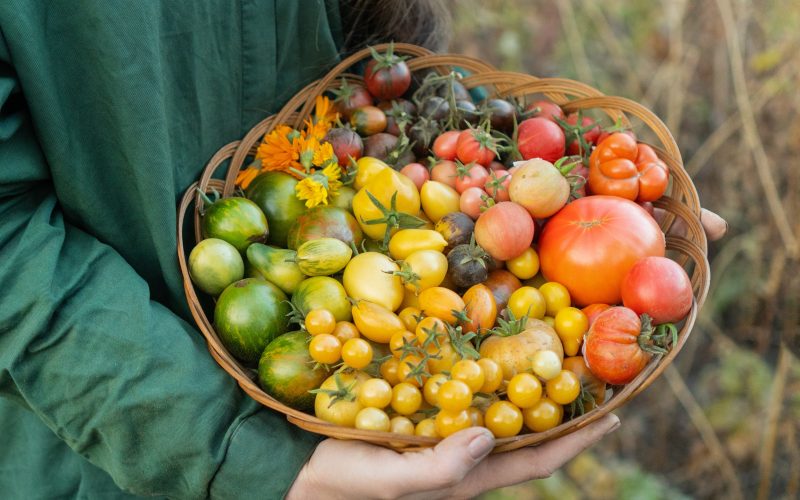
Sarah Lohman works with institutions around the country to create public programs focused on food, and she joins host Krys Boyd to discuss the foods we love that are in danger of disappearing.
Read more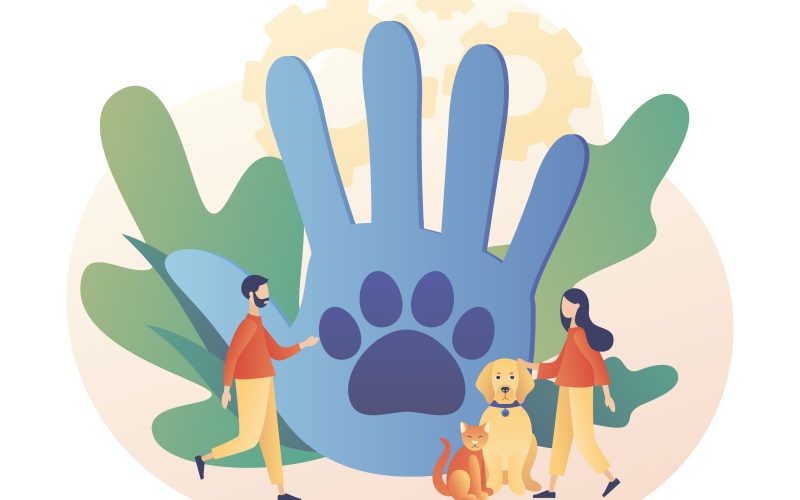
Kendra Coulter, a fellow at the Oxford Centre for Animal Ethics, joins host Krys Boyd to discuss the animal advocates battling abuse and pushing for pro-animal policies in legislatures – and how their work benefits humans, too
Read more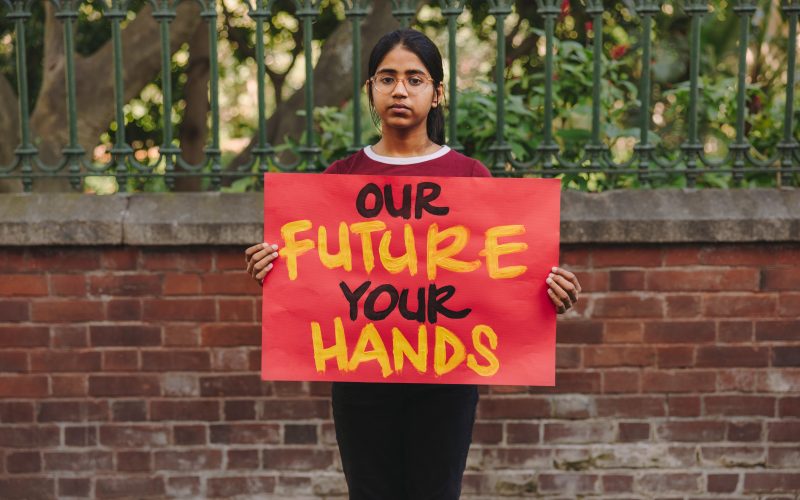
Zainab Salbi, co-founder of the nonprofit Daughters for Earth, joins host Krys Boyd to discuss her efforts to empower women to counter climate change with activism.
Read more
Zainab Salbi, co-founder of the nonprofit Daughters for Earth, joins host Krys Boyd to discuss her efforts to empower women to counter climate change with activism.
Read more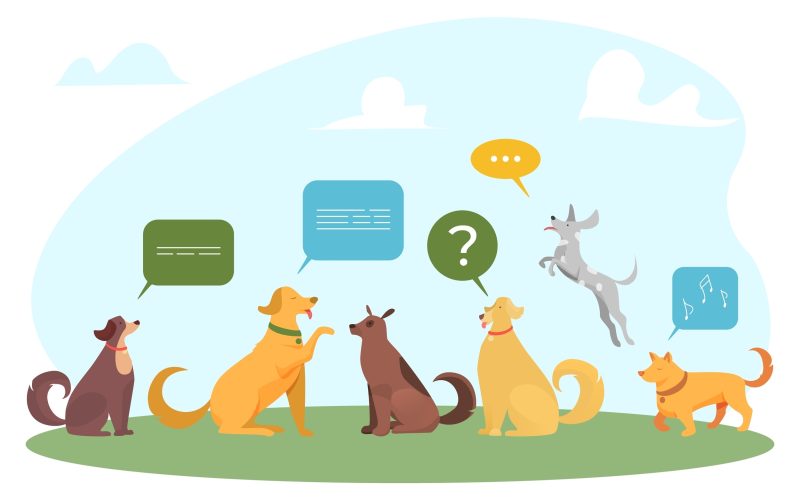
Science journalist Sonia Shah joins host Krys Boyd to discuss what it means now that researchers are discovering that animals communicate in languages, too, and the moral dilemmas that is bringing up for biologists.
Read more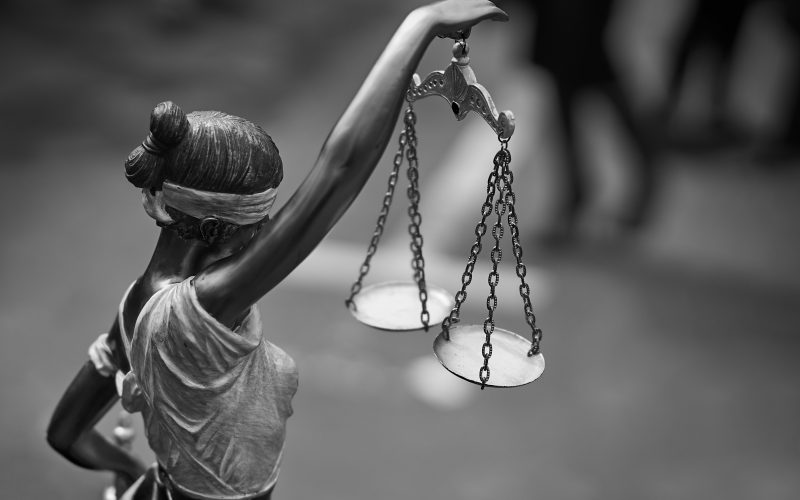
Philosopher Peter Singer talks about how we can make choices that lead to what he calls “maximum good.”
Read more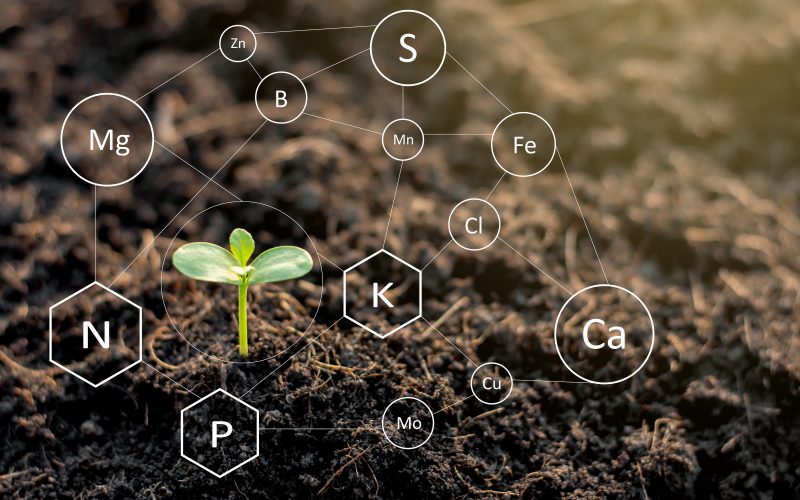
Brown University professor Stephen Porder joins host Krys Boyd to discuss hydrogen, oxygen, carbon, nitrogen and phosphorus and how these building blocks of life affect the climate.
Read more
Josh Zumbrun of The Wall Street Journal joins host Krys Boyd to discuss why anti-food waste advocates want expiration dates overhauled to minimize confusion.
Read more